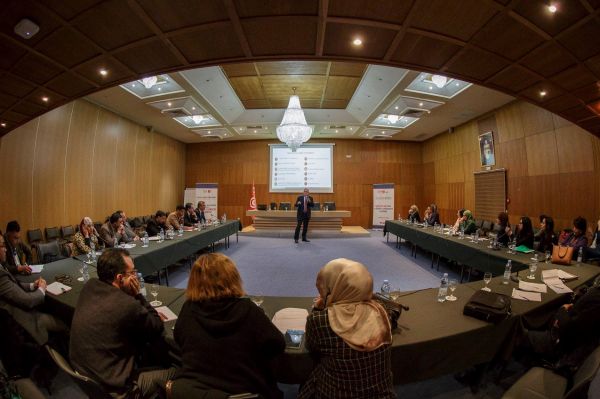The current economic situation
Tunisia is at a turning point today, facing several challenges but also aspiring to many potential opportunities. There is a need to continue laying the foundation for promoting inclusive economic recovery and responding to the demands of the revolution for greater citizen voice and participation as well as ensuring the success of the political transition.
In parallel, the Government must continue to press ahead with reforms which will enable Tunisia to move from a low value-added and low cost economy to a higher value-added knowledge intensive economy capable of reducing the overriding challenge of unemployment.
While the authorities’ goal is to minimize external borrowing in the coming years, Tunisia external Debt levels are projected to increase to 46 percent of GDP in 2012. While this level remains quite tolerable in comparison to international standards and norms of debt sustainability, the quite severe and disproportionate recent downgrade of the sovereign credit ratings of Tunisia to ‘BB/B’ may unfortunately result in higher cost of borrowing.
The economic situation in 2012 is likely to remain tight, with GDP growth only moderately positive, mainly due to post-revolution social unrest, the fragile economic outlook in Europe and the difficult transition in Libya, as well as the high number of strikes and sit-ins.
As projected by the World Bank and the IMF, the Tunisian recovery is expected to improve in 2014, reflecting stronger confidence domestically as well as recovery in Libya and the EU, contributing to raising GDP growth to around 5 percent.
Samir Chebil is a Senior Advisor at the World Bank and a TAYP member.
related news




About the author